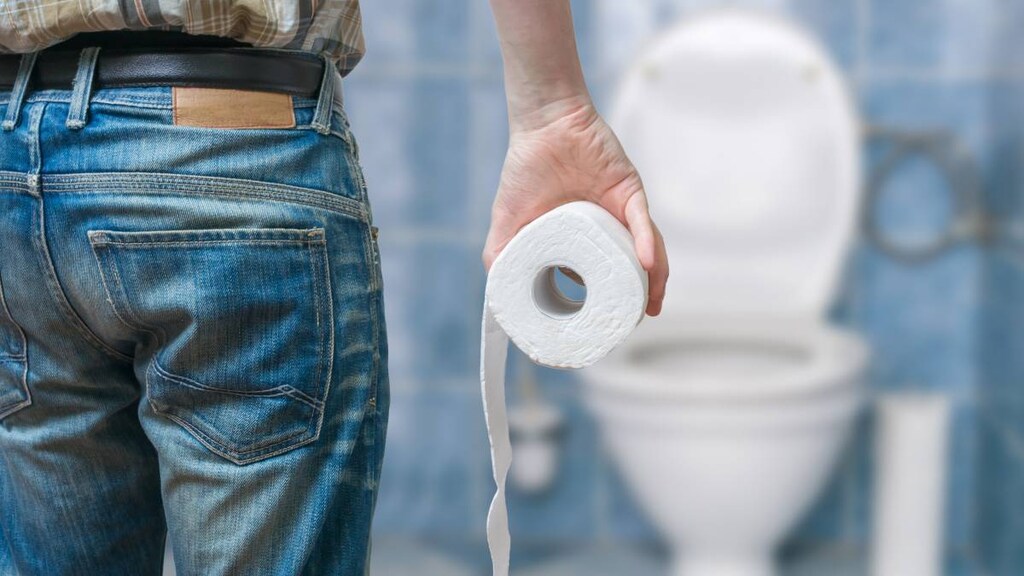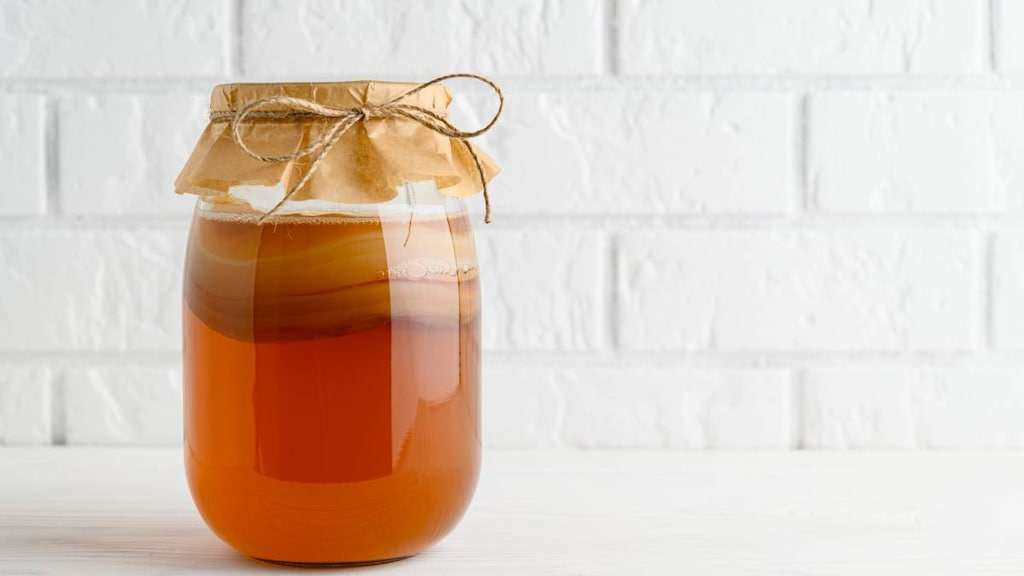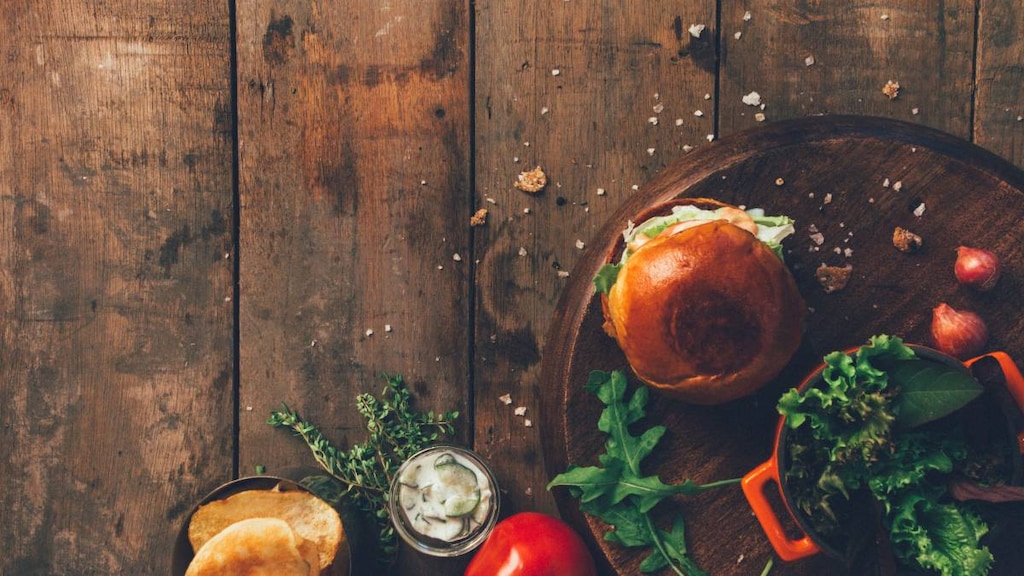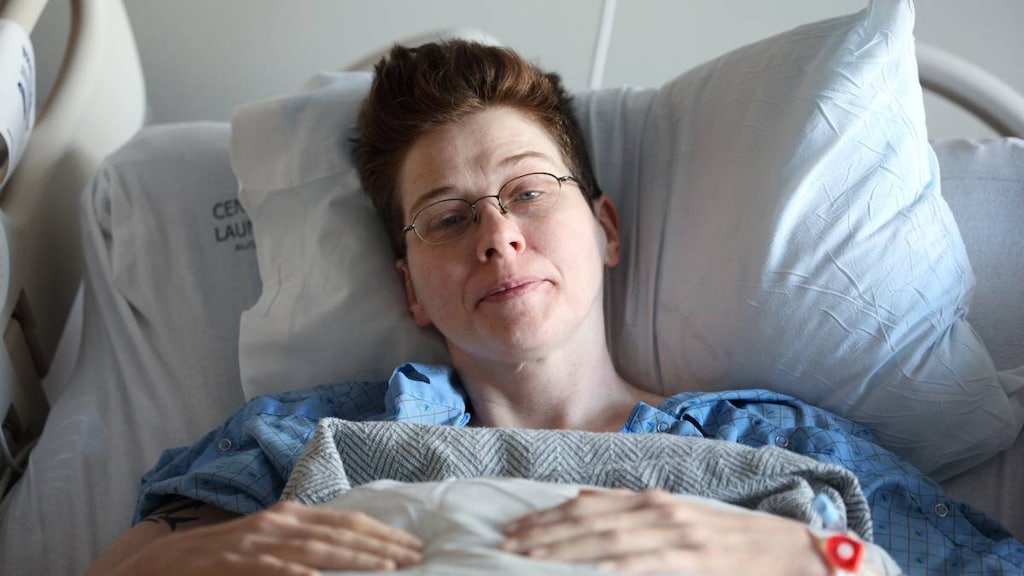Easing Irritable Bowel Syndrome Symptoms: Diet, Lifestyle and Medication

Irritable bowel syndrome (IBS) is a common and frustrating condition that can significantly impact your quality of life. Fortunately, a number of IBS treatments are available. IBS treatment options may include prescription or over-the-counter medications, lifestyle changes or alternative therapies.
What's your IBS type?
IBS is a digestive system disorder that causes bloating, abdominal pain and cramping and changes in your bowel movements, according to the National Institute of Diabetes and Digestive and Kidney Diseases (NIDDK). It's a chronic condition, and symptoms often occur at least once a week, according to a review in the New England Journal of Medicine (NEJM).
People diagnosed with IBS have no other obvious digestive tract problems.
There are three main types of IBS:
- IBS that usually occurs with constipation (IBS-C)
- IBS that usually occurs with diarrhea (IBS-D)
- Mixed IBS, which may lead to diarrhea or constipation (IBS-M)
Treatments may differ depending on your type.
Medication options for IBS treatment
A variety of prescription and over-the-counter drugs can help lessen IBS systems, but none can cure the condition. Talk with your doctor about the benefits and risks of any medication or alternative therapy for IBS.
Three prescription drugs currently are available for IBS constipation treatment: lubiprostone (Amitiza), linaclotide (Linzess) and plecanatide (Trulance). These medications increase the amount of fluid available in the intestines, which can help speed up the movement of stool through the GI tract and reduce abdominal pain and constipation, the NEJM review said.
There are more medication options available for IBS diarrhea treatment. Two drugs that work to slow down intestinal response -- alosetron (Lotronex) and ondansetron (Zofran, Zuplenz) -- may lessen diarrhea. Only alosetron has been shown to help with abdominal pain, however.
Another class of drugs for IBS diarrhea treatment works on opioid receptors found throughout the digestive tract. Medications that act on these receptors reduce pain and slow down movement through the digestive system. Drugs in this class include loperamide (Imodium A-D) and eluxadoline (Viberzi, Truberzi).
The antibiotic rifaximin (Xifaxan) helps reduce overall symptoms in people with IBS who don't have constipation. The drug can help ease bloating, too.
Some drugs can be used to alleviate the pain and cramping associated with any type of IBS. For example, drugs that reduce spasms in the digestive tract can help. Antispasmodic drugs include hyoscine, pinaverium and otilonium.
Antidepressant medications may help reduce some of the pain and crampy-feeling linked to IBS. Older antidepressants, called tricyclic antidepressants, have been shown to slow down movement in the digestive system, too. Newer antidepressants, such as selective serotonin-reuptake inhibitors, have also been used to treat IBS, but whether these medications help isn't yet clear, the NEJM review said.
What you eat makes a difference: IBS treatment diet
Changing your diet is often the first step to try in IBS treatment.
Sometimes, simple changes like eating smaller meals at more regular intervals can help reduce your symptoms. Also, some foods may aggravate your IBS and are good to avoid. These include fatty foods and caffeine, according to the NEJM review.
Many doctors will suggest that you add some fiber to your diet if you have IBS. But fiber can be fickle. It can help reduce constipation by softening the stool, but if you add too much too quickly, fiber can cause gas and bloating. If you want to try adding fiber to your diet to see if it helps, go slow, adding just 2 or 3 grams a day, NIDDK recommends.
The type of fiber you choose is important, too. Insoluble fiber -- parts of foods that don't dissolve in water, like vegetable stalks -- can make IBS symptoms worse, the NEJM review says.
Another potential dietary intervention for IBS is what's called a low-FODMAP diet. FODMAP stands for fermentable oligosaccharides, disaccharides and monosaccharides and polyols.
NIDDK notes that FODMAPs are found in a lot of foods, including:
- Fruits -- apples, apricots, blackberries, cherries, mango, nectarines, pears, plums and watermelon -- as well as in juice containing these fruits, canned fruits in natural juices and dried fruit
- Vegetables -- artichokes, asparagus, beans, cabbage, cauliflower, garlic and garlic salts, lentils, mushrooms, onions, and sugar snap or snow peas
- Dairy foods -- milk, milk products, soft cheeses, yogurt, custard, and ice cream
- Foods containing wheat or rye
- Honey
- Foods made with high-fructose corn syrup
- Sweeteners, such as sorbitol, mannitol, xylitol and maltitol
NIDDK says your doctor may suggest trying a low-FODMAP diet for a few weeks to see if you get any relief from your IBS symptoms. If you start to feel better, your doctor may suggest slowly adding foods back into your diet to see if they trigger symptoms.
Some people forgo gluten, a type of wheat protein, to control their irritable bowel symptoms. However, the NEJM review suggests that there doesn't appear to be a significant benefit from cutting gluten alone from the diet. When a study compared the addition of a gluten-free diet to a low-FODMAP diet, there was no additional symptom relief in the group that skipped gluten.
Living a healthy life benefits digestive health too
In addition to eating healthy foods that don't trigger IBS symptoms, NIDDK also recommends getting regular physical activity. The U.S. government's physical activity guidelines advise at least 150 minutes a week of moderate aerobic activity, such as walking, running, swimming or biking.
Getting good, quality sleep on a regular basis boosts your overall health. Keeping stress at bay may also help quell IBS troubles, NIDDK says.
An American Journal of Nursing review of six studies on yoga found that the mind-body exercise offered benefits for digestive symptoms, anxiety and quality of life. The review's authors, though, said that more study is needed before recommending yoga specifically for IBS.
Probiotics give mother nature a boost
The digestive tract normally contains millions of bacteria, according to the International Foundation for Gastrointestinal Disorders. When the balance between healthy and bad bacteria is upset -- which can happen due to illness, medications or poor diet -- digestive health can suffer.
Probiotics are living microorganisms -- usually good bacteria -- that may help restore the balance between good and bad bacteria in your digestive system. Certain types of probiotics -- Bifidobacterium species and one strain of Lactobacillus plantarum -- seem to help people with IBS, the NEJM review found. NIDDK says more study is needed on probiotic treatment in IBS.
Alternative IBS treatments
Without a definitive treatment for IBS, some people may turn to alternative therapies for symptom relief. The NEJM review and NIDDK both note that coated peppermint oil capsules may calm IBS-related cramping in the intestines.
Melatonin has also been reported to reduce abdominal pain in people with IBS. St. John's wort has been studied in IBS, but no benefit has been shown. A combination of plant extracts called STW5 appears to be helpful for some people with IBS, according to the NEJM review.
Mental health IBS treatments
Managing stress and relaxing seem to help IBS symptoms. Therapies that can encourage a more relaxed state include cognitive behavior therapy and hypnotherapy.
Cognitive behavior therapy teaches you new thought patterns and different ways to respond to stress. Hypnotherapy is a type of hypnosis. It can be done in a therapist's office or there are programs that teach self-hypnotherapy, according to a study in JAMA Pediatrics. Both have been shown to be beneficial in easing IBS symptoms.
The bottom line
Remember, not every treatment works for every person. You may need to try more than one IBS treatment. Or, you may need to use a combination of IBS treatments before you find relief from your symptoms.
Article references
- New England Journal of Medicine. "Irritable Bowel Syndrome." https://www.nejm.org/doi/full/10.1056/NEJMra1607547.
- National Institute of Diabetes and Digestive and Kidney Diseases. "Irritable Bowel Syndrome." https://www.niddk.nih.gov/health-information/digestive-diseases/irritable-bowel-syndrome
- National Institute of Diabetes and Digestive and Kidney Diseases. "Eating, Diet, & Nutrition for Irritable Bowel Syndrome." https://www.niddk.nih.gov/health-information/digestive-diseases/irritable-bowel-syndrome/eating-diet-nutrition
- American Journal of Nursing. "Irritable Bowel Syndrome: A review." https://journals.lww.com/ajnonline/Abstract/2017/06000/Irritable_Bowel_Syndrome.26.aspx.
- International Foundation for Gastrointestinal Disorders. "Gut Flora, Probiotics, and Antibiotics." https://www.iffgd.org/video-corner/gut-flora-probiotics-and-antibiotics.html
- JAMA Pediatrics. Home-Based Hypnotherapy Self-exercises vs. Individual Hypnotherapy With a Therapist for Treatment of Pediatric Irritable Bowel Syndrome, Functional Abdominal Pain, or Functional Abdominal Pain Syndrome -- A Randomized Clinical Trial. https://jamanetwork.com/journals/jamapediatrics/fullarticle/2613403?utm_campaign=articlePDF%26utm_medium%3darticlePDFlink%26utm_source%3darticlePDF%26utm_content%3djamapediatrics.2017.0091.




